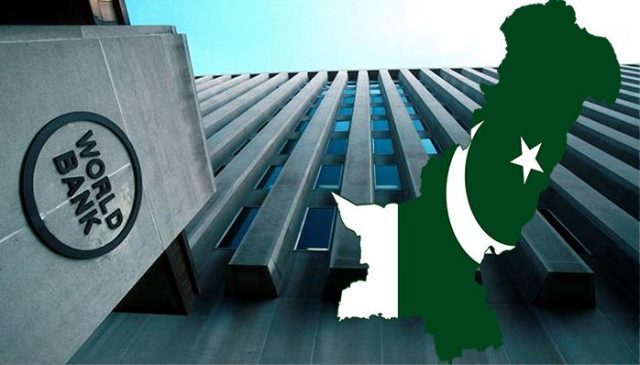Pakistan is seeking enhanced financial and technical assistance from the World Bank to reform its budget-making process, develop a unified agricultural tax system across provinces, and strengthen climate resilience initiatives.
These efforts are part of a broader agenda under the upcoming five-year Country Partnership Strategy (CPS), which includes a $10 billion commitment averaging $2 billion annually.
According to media reports, in a meeting chaired by Finance Minister Muhammad Aurangzeb and World Bank Country Director Najy Benhassine, both sides discussed strategies for fostering fiscal discipline, revenue mobilisation, and sustainable economic growth.
The finance minister appreciated the World Bank’s continued support and expressed Pakistan’s commitment to improving public financial management, tax compliance, and equitable taxation policies.
The World Bank team offered technical assistance to modernize the budget-making process, improve accountability in public financial management, and develop effective debt management mechanisms to reduce fiscal risks.
Discussions also included harmonising General Sales Tax (GST) across provinces and establishing a robust agricultural income tax framework. The National Tax Council (NTC) is expected to play a central role in coordinating these efforts, ensuring uniformity in tax structures across federal and provincial levels.
Najy Benhassine acknowledged the government’s reform efforts and assured the bank’s continued support in areas such as economic challenges, development objectives, and climate resilience. He emphasized the importance of transitioning to clean energy, reducing child stunting, addressing out-of-school children, and improving air quality, particularly in Punjab.
Agriculture sector revenue, currently under provincial jurisdiction, was identified as a critical area requiring external expertise to enhance federal and provincial capacities for effective taxation. The CPS is also expected to prioritize decarbonisation, particularly through hydroelectric projects, and improving the business climate to foster private sector growth.
The $10 billion CPS, set for finalization next month, will be central to addressing Pakistan’s economic and developmental priorities, including fiscal reforms and macroeconomic stability.




